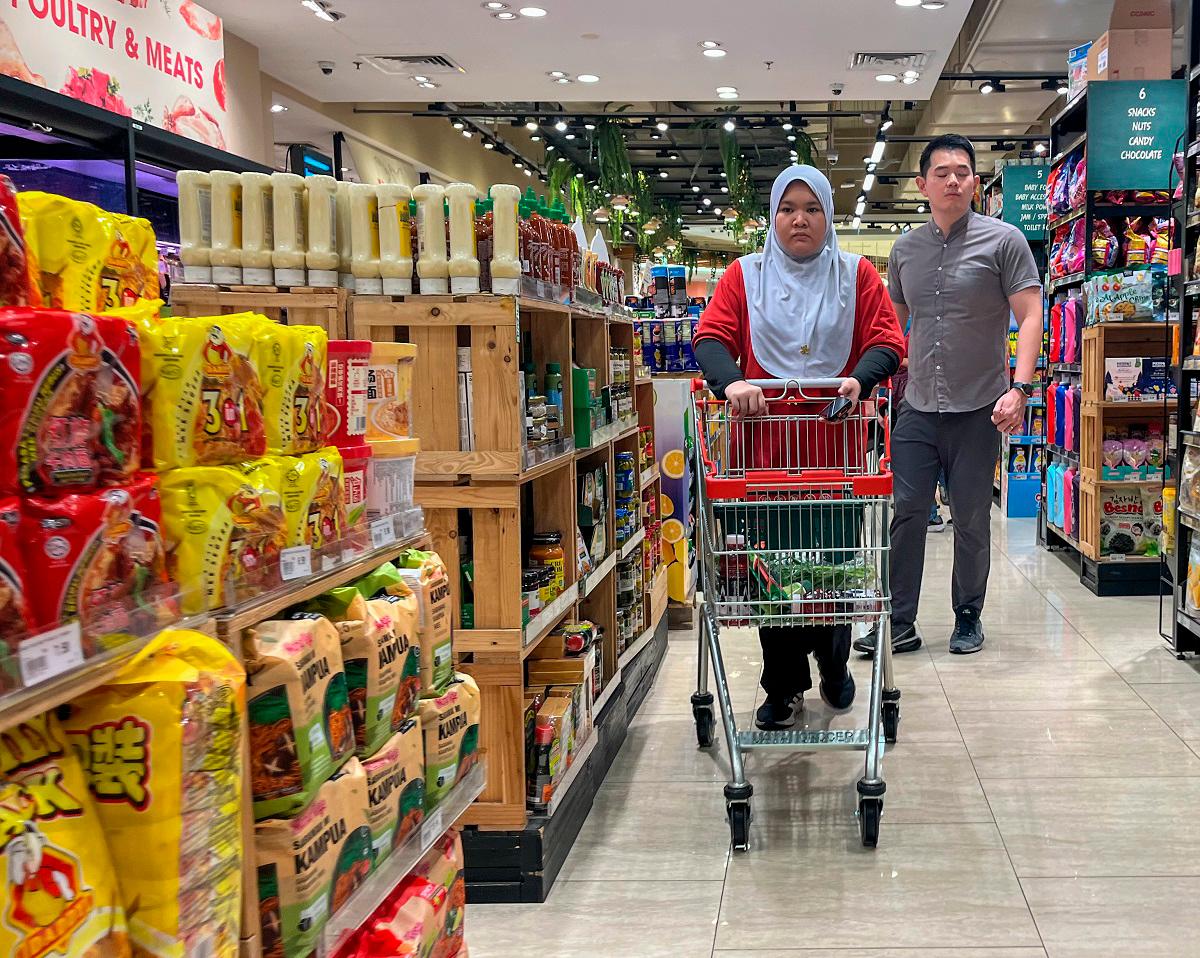PETALING JAYA: Experts warn that if current conditions persist, more M40 households may soon slip into the B40 group. Universiti Teknologi Mara senior lecturer in economics
Dr Mohamad Idham Md Razak said some middle-income earners are no longer living the lifestyle typically associated with the M40, despite technically qualifying by income.
“They may not be able to maintain their lifestyle, and in reality, are living as B40s. It’s especially true in urban areas where the cost of living is higher. The so-called M40 are effectively the urban B40.”
He warned that the shrinking middle class threatens broader economic stability.
“The M40 are a key driver of domestic consumption, which fuels the gross domestic product. If they cannot save, invest or spend, sectors like retail, property and services will be hit. Small and medium enterprises (SMEs) and tax revenue will also feel the strain.”
Mohamad Idham said Malaysia’s B40–M40–T20 income model no longer reflects lived realities.
“Over the past decade, essentials like housing, healthcare and education have outpaced wage growth. Families are dipping into savings, taking on debt or delaying life goals. The impact goes beyond money.”
University of Nottingham Malaysia Assoc Prof Dr Siti Khadijah Zainal Badri said prolonged financial stress is taking a heavy emotional toll.
“Financial burden affects entire families. It can lead to mental health issues, marital strain and in some cases, neglect or abuse.”
Siti Khadijah said in Malaysia’s collectivist culture, financial struggles often go unspoken due to stigma.
To address the challenges, both experts urged a mix of economic and emotional support.
Mohamad Idham proposed progressive tax relief, subsidies for childcare and education and shifting financial aid eligibility from gross income to disposable income.
He also called for stronger social safety nets, including affordable housing and unemployment protection.
Siti Khadijah stressed the need to destigmatise mental health and expand accessible services.
“We must normalise conversations about financial struggle. Have grassroots emotional support networks. People need to know they’re not alone. Shared support helps rebuild emotional resilience.”









